Conflict Management?
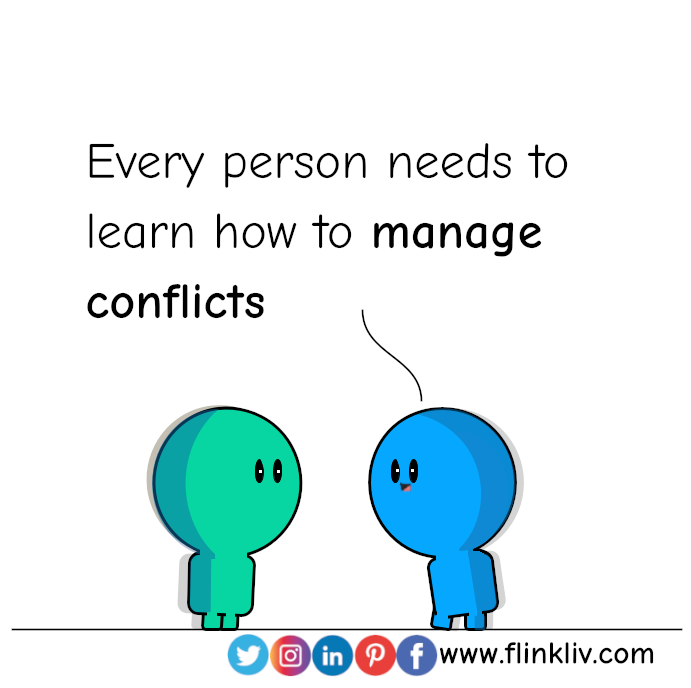
- Why do you need conflict management?
- What are the types of conflicts?
- Skills to solve a conflict
- Listening
- Understand others and yourself
- Secondhand stress
- Toxic people
- Steps to solve a conflict
Why do you need conflict management?
One of the skills that every person needs to
learn and every
organization should offer is how to manage conflicts.
It is fundamental to know how to deal with people who have
different personalities, skills, and abilities; and also with
toxic people who are self-aware or not.
What are the types of conflicts?
There are three main types of conflict:
- Relational: Interpersonal conflict due to different values, mistrust, misunderstanding, dislike, fear, etc.
- Substantive: Disagreement about the methods or steps (process) to achieve a goal or do an assignment.
- Perceptual: Disagreement about opinions and ideas.
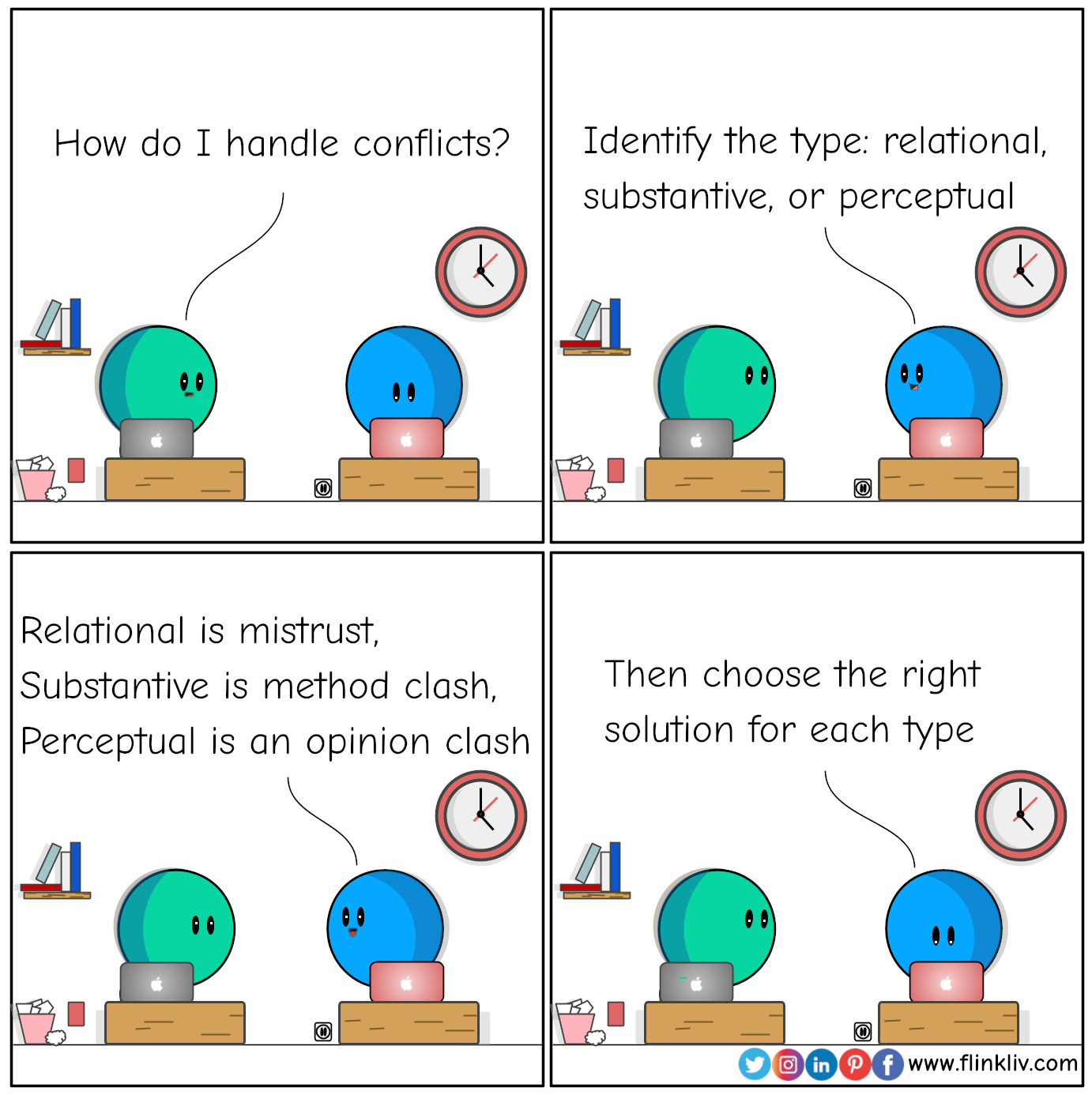
Skills to solve a conflict
Here is a list to solve a conflict:
- Empathy: Empathy is the ability to understand or feel what others are experiencing, see the situation from their perspective, and imagine yourself in their place.
- Listening: Listening is hearing what others are saying with no interruption and understanding what they mean.
- Communication: Talk with respect and calmly.
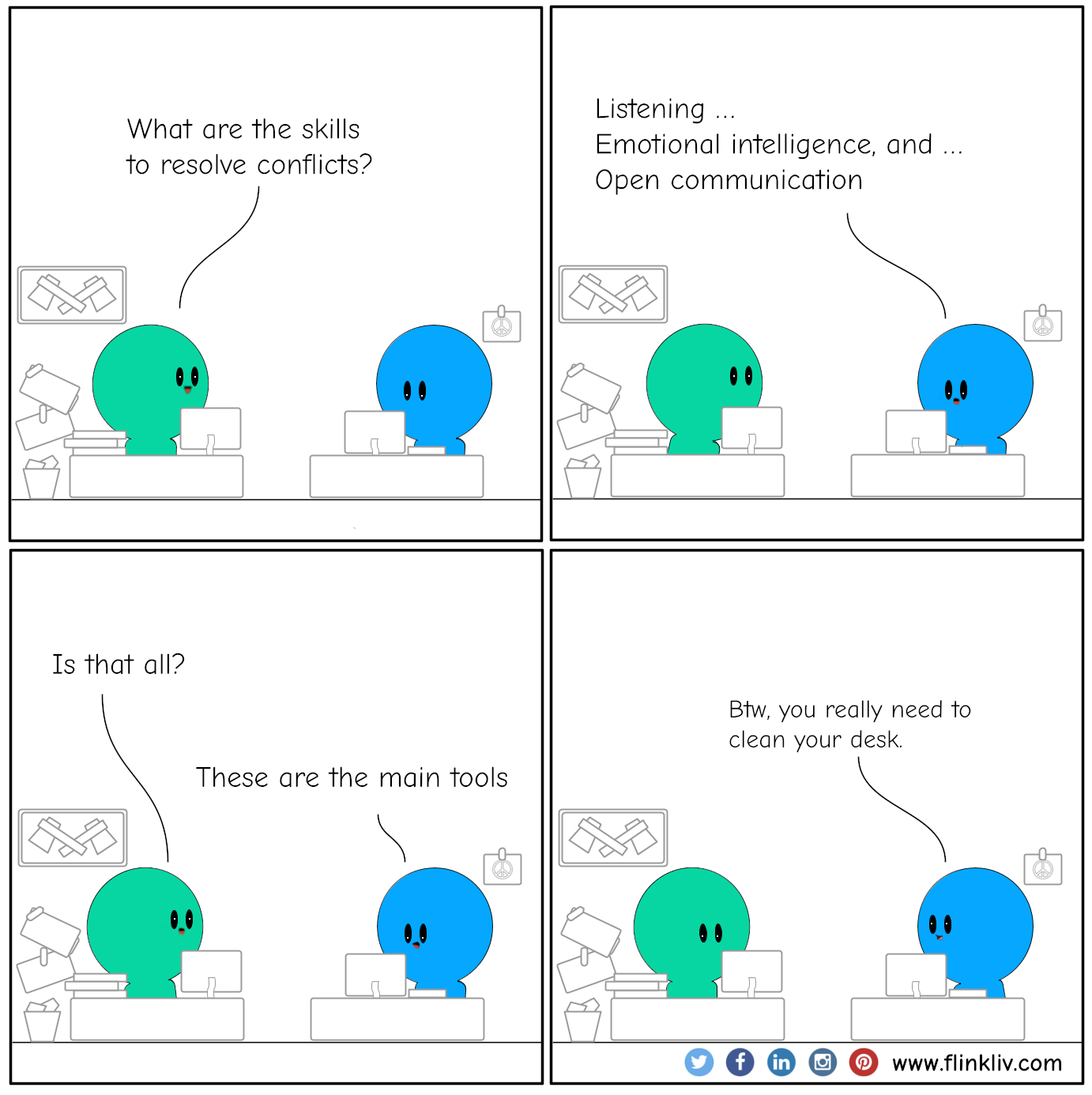
Listening
he significance of engaging in active listening aimed at comprehending the speaker's message, rather than merely preparing to reply.
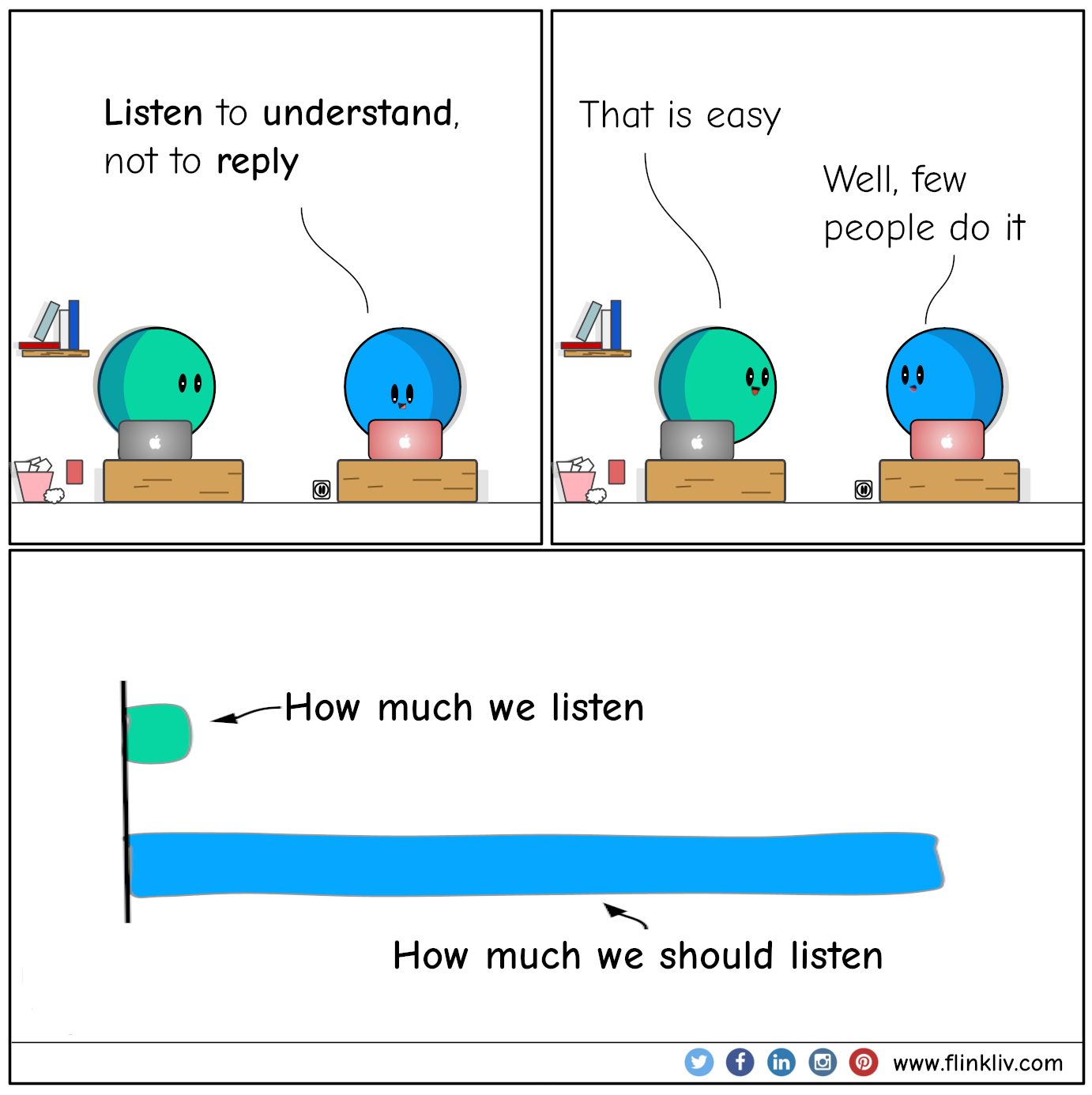
Understand others and yourself
Understanding others and knowing yourself form a comprehensive approach to reducing conflict. By cultivating both, you can navigate life with a greater sense of peace, clarity, and purpose, minimizing friction both within and with the world around you.
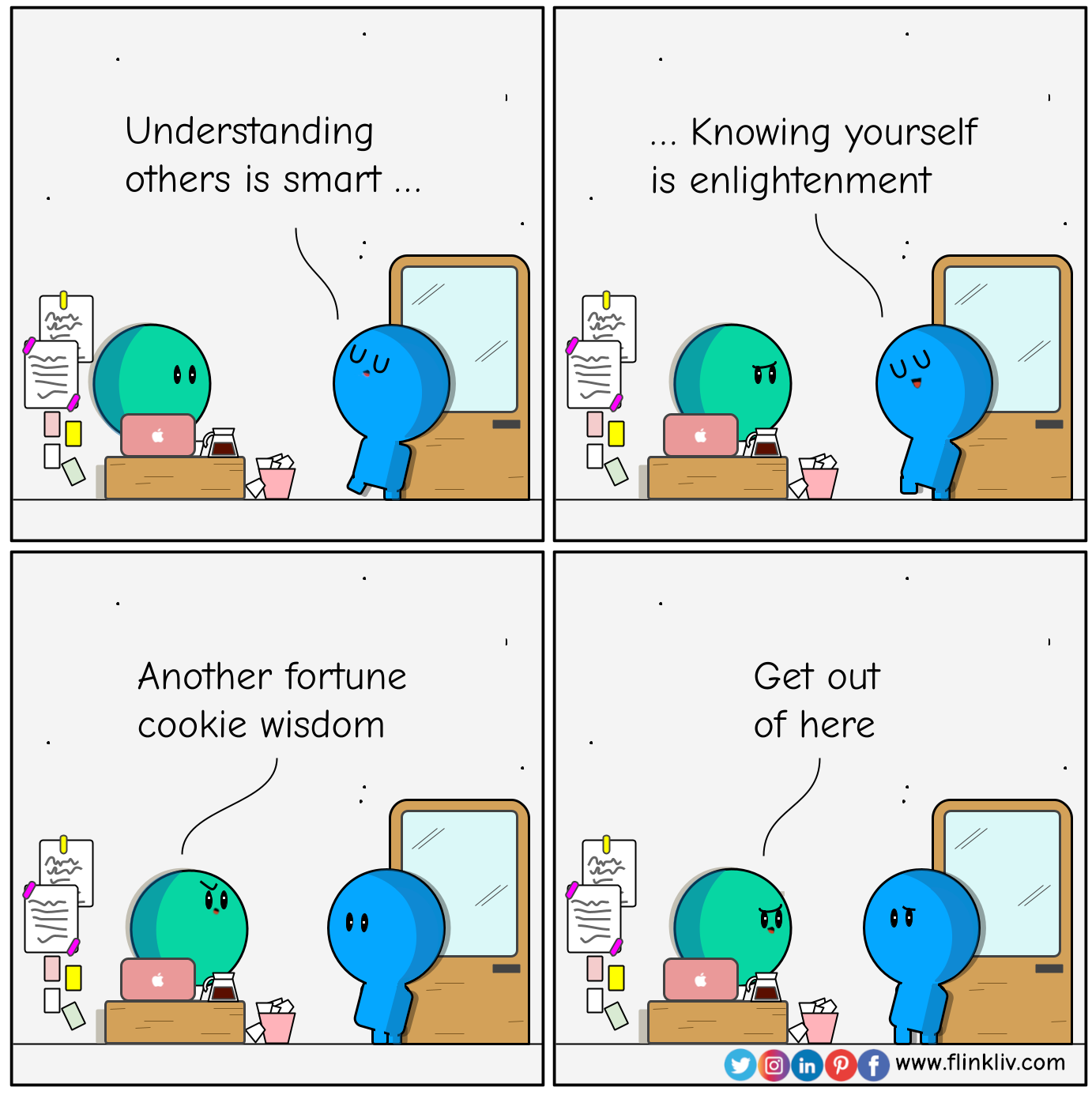
Secondhand stress
The secondhand stress phenomenon is when an individual picks up another individual's stress.
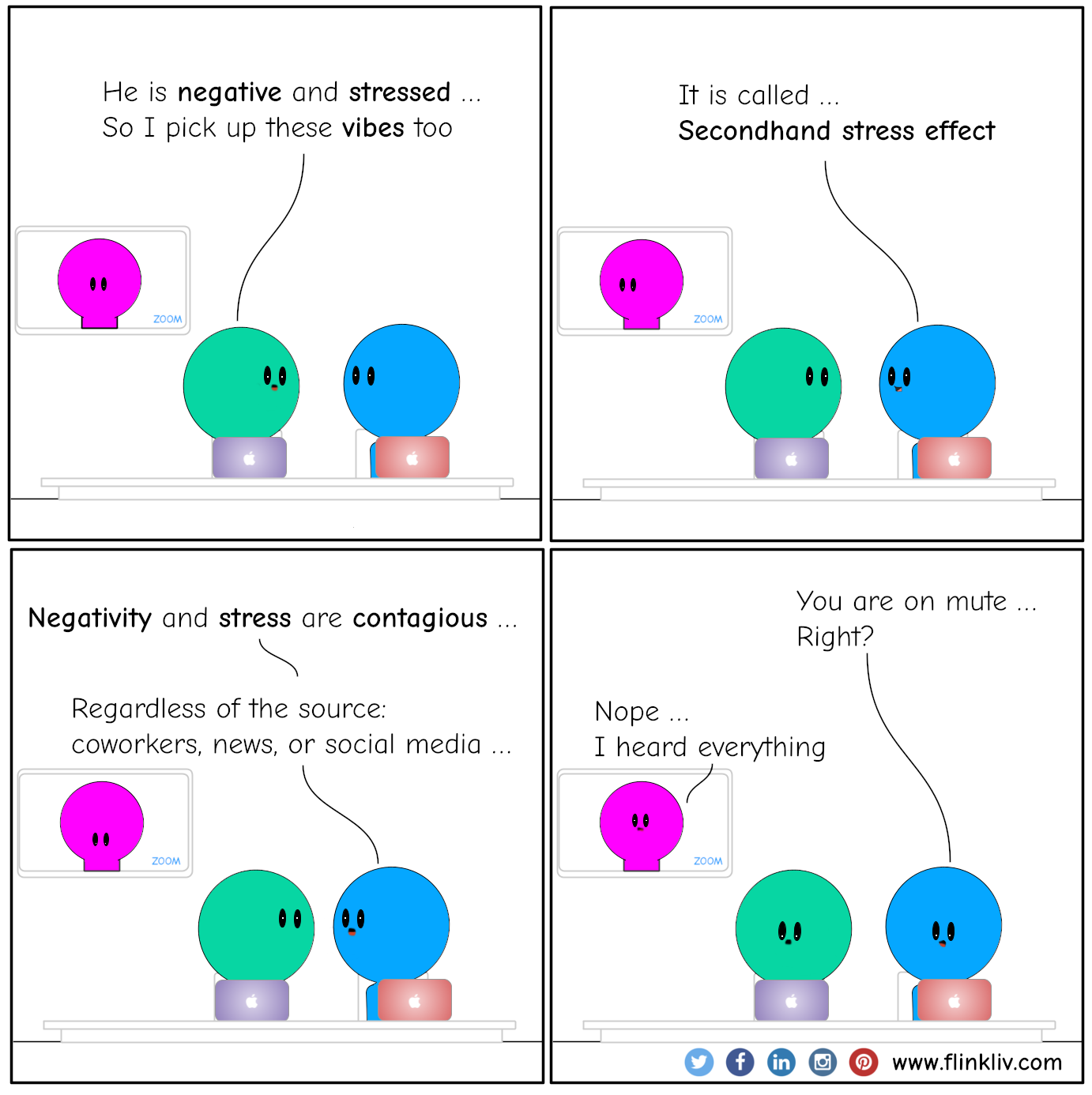
Toxic people
It is healthy to avoid toxic people, but how often do we look inward?
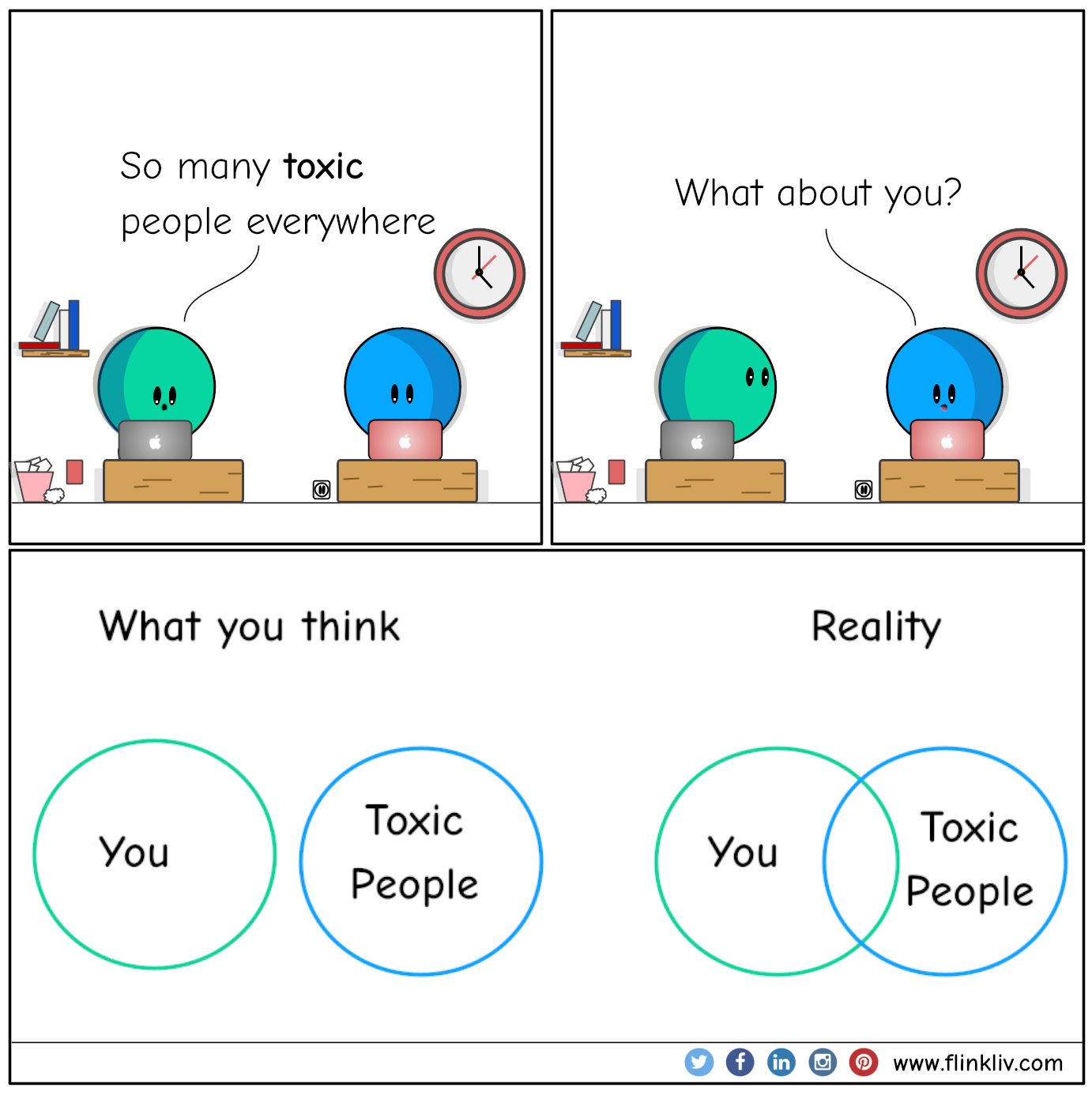
Steps to solve a conflict
There is no simple or direct way to solve the conflict. Howerver, the following steps help you get a better chance to either solve a conflict or understand the situation and get the right help:
- Think and define the type or types of conflict from your perspective and from his, her or their perspective (relational, substantive, or perceptual).
- Think and write down your and their feelings, needs, wants, and goals.
- Be honest and think about your and their responsibilities in this conflict.
- Now you have reflected on the conflict; it is time to open dialogue with the other side. Ask open questions to understand the perspective of the person or group you are in conflict with.
- Listen carefully to the person or group you are in conflict with to understand his or her or their point of view. Stay calm, avoid emotion, and do not interrupt them or judge them just listen.
- Whether directly or using a third party, get together and try to solve the conflict.